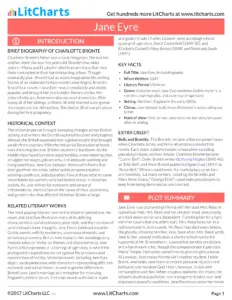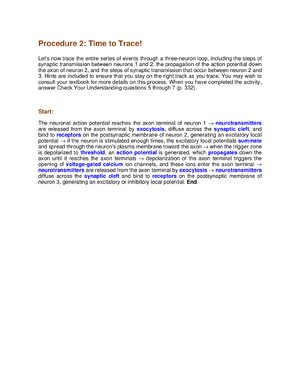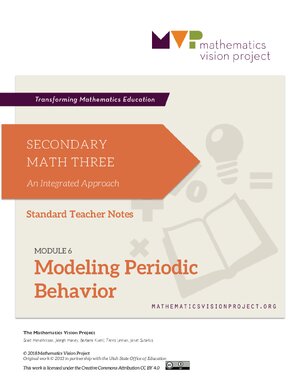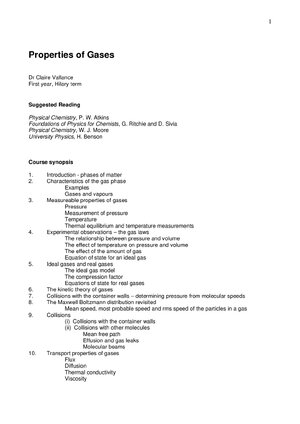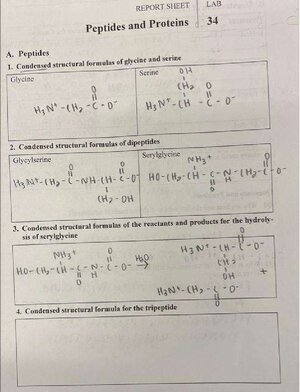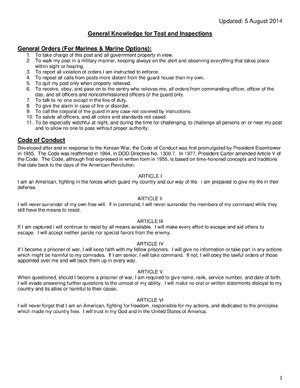This document Jane Eyre provides a glimpse into Charlotte Brontë’s life, the Victorian era, and the literary landscape of the time. Delve into the life of the author, the historical context of the Victorian period, and related literary works that shaped the novel. Explore key themes such as class, economics, and gender roles, as well as the narrative style that defined Victorian novels. Discover the intriguing plot of Jane Eyre, a Gothic mystery intertwined with a romantic marriage plot and a coming-of-age story. Uncover the hidden complexities of Jane’s journey in a society marked by societal pressures and expectations.


